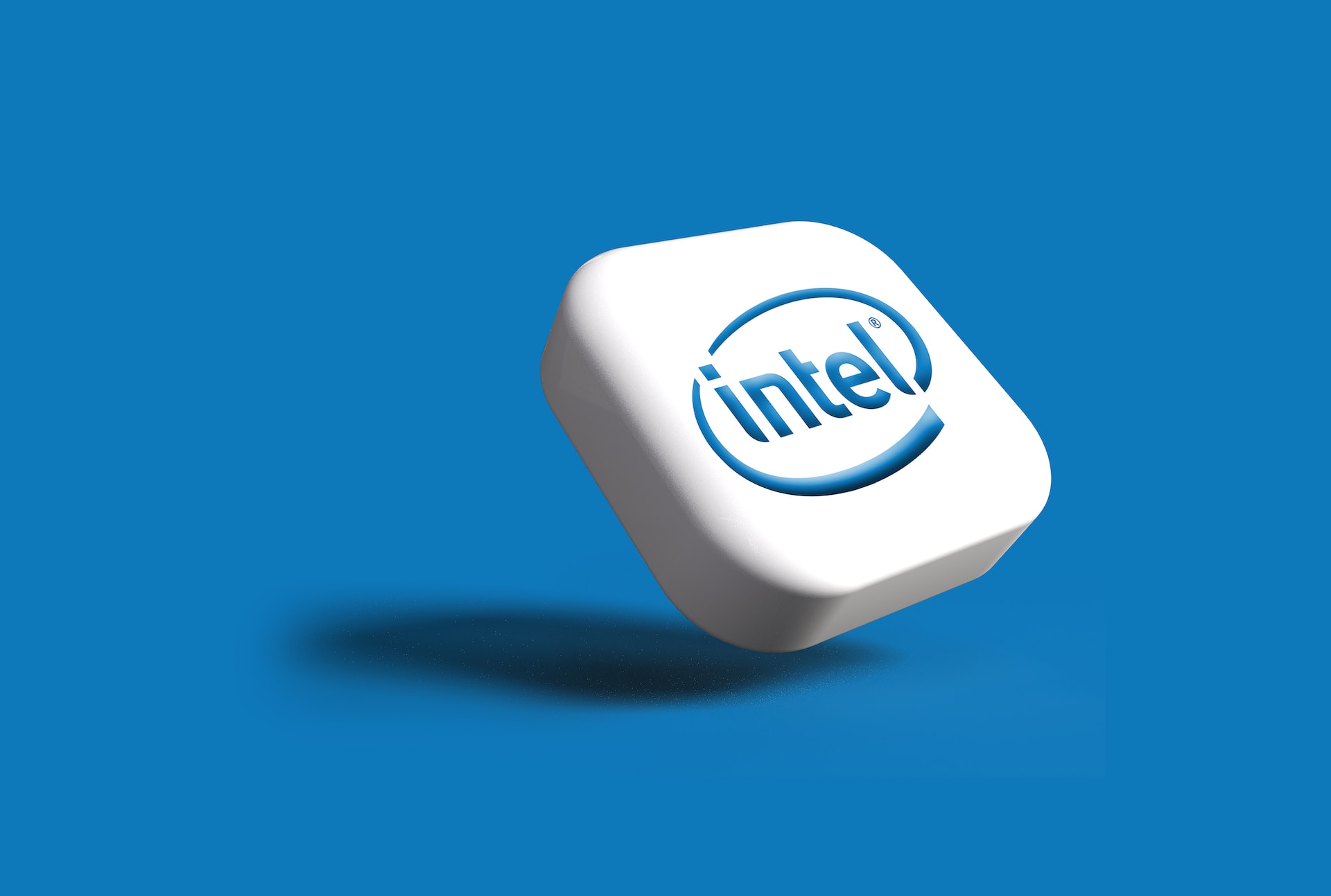Intel has announced the release of Tunnel Falls, its most advanced 12-qubit silicon spin qubit chip to date. The chip is part of Intel’s long-term strategy to build a commercial quantum computing system and will be made available to the quantum research community to accelerate research development.
Tunnel Falls leverages Intel’s most advanced transistor fabrication capabilities. The chip is fabricated on 300-millimeter wafers, using extreme ultraviolet lithography (EUV), advanced materials processing techniques, and gate and contact processing techniques. This allows Intel to manufacture Tunnel Falls using similar methods to those used in standard CMOS logic processing.
The silicon spin qubits in Tunnel Falls are up to 1 million times smaller than other qubit types, and the chip itself measures approximately 50 nanometers square. The chip provides a 95% yield rate across the wafer and voltage uniformity similar to a CMOS logic process. Furthermore, a wafer provides 24,000 quantum dot test chips with a 99.8% yield tuned at the single electron level. These 12-dot chips can form between four to 12 qubits that can be used in operations simultaneously.
The release of Tunnel Falls is particularly significant as most academic institutions do not have high-volume manufacturing fabrication equipment like Intel. The new chip allows researchers to immediately begin working on experiments and research instead of trying to fabricate their own devices. This enables a wider range of experiments, including studying the fundamentals of qubits and quantum dots and developing new techniques for working with devices with multiple qubits.
Intel is also collaborating with the Laboratory for Physical Sciences (LPS) at the University of Maryland’s Qubit Collaboratory as part of the Qubits for Computing Foundry (QCF) program. The collaboration aims to democratize silicon spin qubits by enabling researchers to gain hands-on experience with scaled arrays of these qubits, opening doors to new quantum research and strengthening workforce development.
The first quantum labs to participate in the program include LPS, Sandia National Laboratories, the University of Rochester, and the University of Wisconsin-Madison. Information gathered from the experiments conducted with Tunnel Falls will be shared with the community to further advance quantum research and help Intel improve qubit performance and scalability.
Several researchers have expressed excitement about the potential of Tunnel Falls. Dr. Dwight Luhman of Sandia National Laboratories highlighted the chip’s flexibility and potential to accelerate learning in silicon-based quantum systems. Mark A. Eriksson, department chair, and John Bardeen Professor of Physics at the University of Wisconsin-Madison underlined the importance of the opportunity for students to work with industrial devices and emphasized its benefits for technical advances and workforce development.
































































